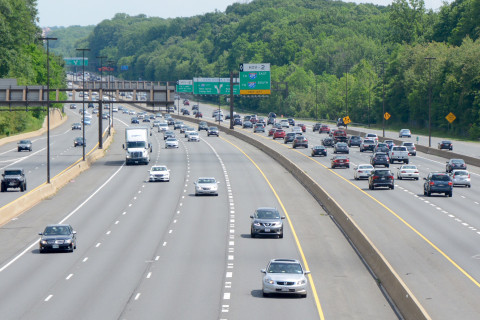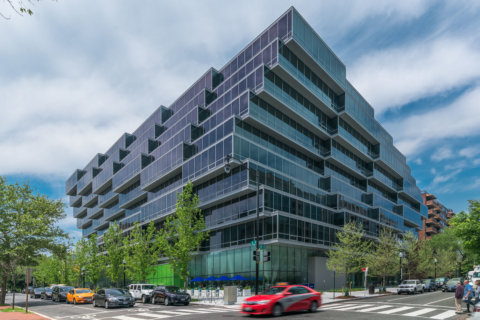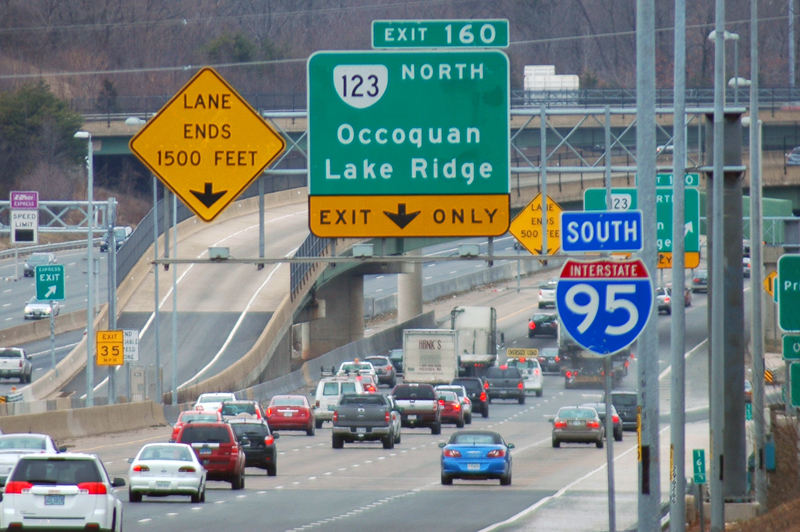EDITOR’S NOTE: This story has been reworded after WTOP received incorrect data on growth numbers for cities.
WASHINGTON — As cities grow in the next decade, everything from traffic to emergency preparedness to health care will become more complicated.
But, experts believe work now being done in the D.C. metro area shows how creative collection and analysis of data can help address myriad social challenges.
“The program is called urban computing, or UrbComp for short,” said Virginia Tech computer science expert Naren Ramakrishnan. “It’s sponsored by the National Science Foundation to train the next generation of students in how they can use data to solve urban challenges.”
Urban computing already has helped redraw the boundaries for school districts in one of the fastest growing counties in the nation, Loudoun County, Virginia.
A Virginia Tech project with Virginia’s Department of Transportation has helped detect traffic problems using social media. And, Virginia Tech’s program in urban computing helped lead to WMATA’s money back promise of on-time performance.
On Metro, for example, combine the histories of train movements, maintenance records and data on people going in and coming out of the system, and you can make real-time predictions.
“Telling you that ‘this’ station is going to encounter a bottleneck before it happens,” Ramakrishnan said.
The amount of data that’s analyzed in the process would be quite overwhelming to a human mind, and Ramakrishnan said wouldn’t have been possible even with computers 20 or even 10 years ago.
Ramakrishnan envisions urban computing being used endless ways, such as trying to figure out the best way to evacuate a crowded city, surviving on limited energy resources or containing a highly communicable disease.
“We now have a way to give you this type of insight ahead of time, so that you can prioritize what you should be focusing on,” Ramakrishnan said.










